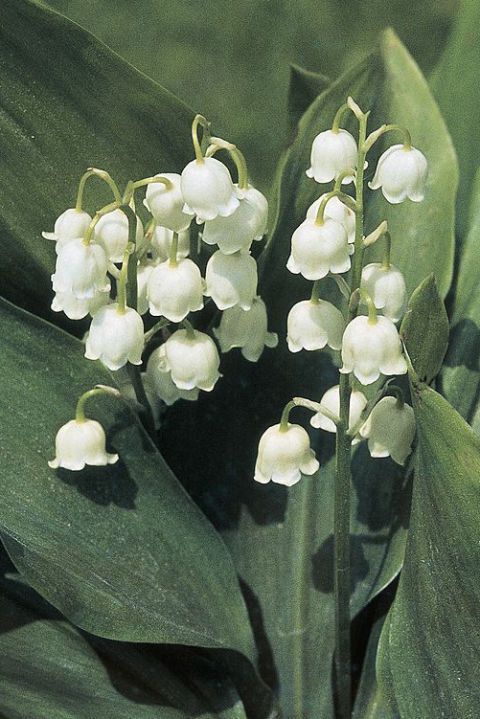Summary:
Born with a birth flower? Discover the symbolic meaning behind your birth flower and how it might match your personality. This article will explore the significance of birth flowers and their connection to individual traits.
Introduction to Birth Flowers:
Many people are familiar with birthstones, but fewer are aware of the concept of birth flowers. Just like birthstones, birth flowers are associated with specific months of the year and hold symbolic meanings that are believed to align with the personalities of those born in that month. Whether you are a believer in floral symbolism or simply curious about the meanings behind different flowers, learning about your birth flower can be a fun and interesting experience.
Understanding the Significance of Birth Flowers:
Each birth flower is said to represent certain traits and characteristics that are commonly associated with individuals born in that month. These symbolic meanings are often based on historical and cultural interpretations of flowers, and can vary from country to country. Despite the differences in interpretation, the concept of birth flowers emphasizes the idea that each individual is unique and possesses their own set of qualities that are reflected in their birth flower.
The Connection Between Birth Flowers and Personality:
For those who are curious about how their birth flower might align with their personality, it can be interesting to explore the symbolic meanings associated with their flower. The connection between birth flowers and personality traits is largely based on the idea that certain flowers embody specific qualities, and that individuals born under the influence of these flowers may exhibit similar traits. While not everyone may identify with their birth flower’s symbolic meaning, many people find that there are aspects of their personality that resonate with the characteristics associated with their birth flower.
The Symbolic Meanings of Birth Flowers:
January – Carnation:
January’s birth flower is the carnation, which is often associated with love, gratitude, and admiration. Individuals born in January are believed to be caring, affectionate, and loyal, much like the carnation. They are also known for their strong sense of empathy and their ability to deeply connect with others.
February – Violet:
The violet is the birth flower for February and is traditionally linked to modesty, sincerity, and humility. Those born in February are often seen as sensitive, compassionate, and gentle individuals who value honesty and authenticity in their relationships.
March – Daffodil:
March’s birth flower is the daffodil, which symbolizes new beginnings, hope, and joy. People born in March are thought to be optimistic, creative, and resilient, with a natural ability to bring positivity and light into the lives of those around them.
April – Daisy:
The daisy is the birth flower for April and is associated with innocence, purity, and new beginnings. Those born in April are often seen as youthful, energetic, and optimistic individuals who possess a childlike sense of wonder and a contagious enthusiasm for life.
May – Lily of the Valley:
May’s birth flower is the lily of the valley, which symbolizes sweetness, humility, and a return to happiness. Individuals born in May are believed to be gentle, nurturing, and compassionate, with a strong sense of loyalty and a deep appreciation for the simple joys in life.
June – Rose:
The rose is the birth flower for June and is commonly associated with love, beauty, and passion. Those born in June are often seen as romantic, affectionate, and loving individuals who are deeply attuned to their emotions and those of others.
July – Larkspur:
July’s birth flower is the larkspur, which symbolizes positivity, openness, and a lighthearted nature. People born in July are thought to be outgoing, energetic, and vibrant individuals who bring joy and laughter wherever they go.
August – Gladiolus:
The gladiolus is the birth flower for August and is traditionally linked to strength, integrity, and resilience. Those born in August are often seen as determined, self-assured, and confident individuals who possess a strong sense of inner strength and courage.
September – Aster:
September’s birth flower is the aster, which symbolizes wisdom, faith, and love. Individuals born in September are believed to be thoughtful, intelligent, and compassionate, with a deep appreciation for the beauty and complexity of the world around them.
October – Marigold:
The marigold is the birth flower for October and is associated with passion, warmth, and creativity. Those born in October are often seen as passionate, expressive, and artistic individuals who bring a sense of warmth and vitality to their relationships and endeavors.
November – Chrysanthemum:
November’s birth flower is the chrysanthemum, which symbolizes loyalty, love, and longevity. People born in November are thought to be loyal, devoted, and sincere individuals who value enduring connections and meaningful relationships.
December – Poinsettia:
December’s birth flower is the poinsettia, which is traditionally linked to celebration, joy, and good cheer. Individuals born in December are believed to be joyful, sociable, and generous, with a knack for spreading happiness and bringing people together.
Conclusion:
Whether or not you believe in the symbolic meanings of birth flowers, exploring the connections between your birth flower and your personality can be a fun and insightful experience. The concept of birth flowers emphasizes the diversity of individual traits and the unique qualities that make each person special. If you’re curious about the symbolic meaning of your birth flower, take some time to learn about its significance and see if there are any aspects of your personality that resonate with its traits. Who knows, you might just discover a new layer of meaning behind your birth flower that adds an extra touch of significance to your identity.
You can review our digital products by following us on Etsy.





